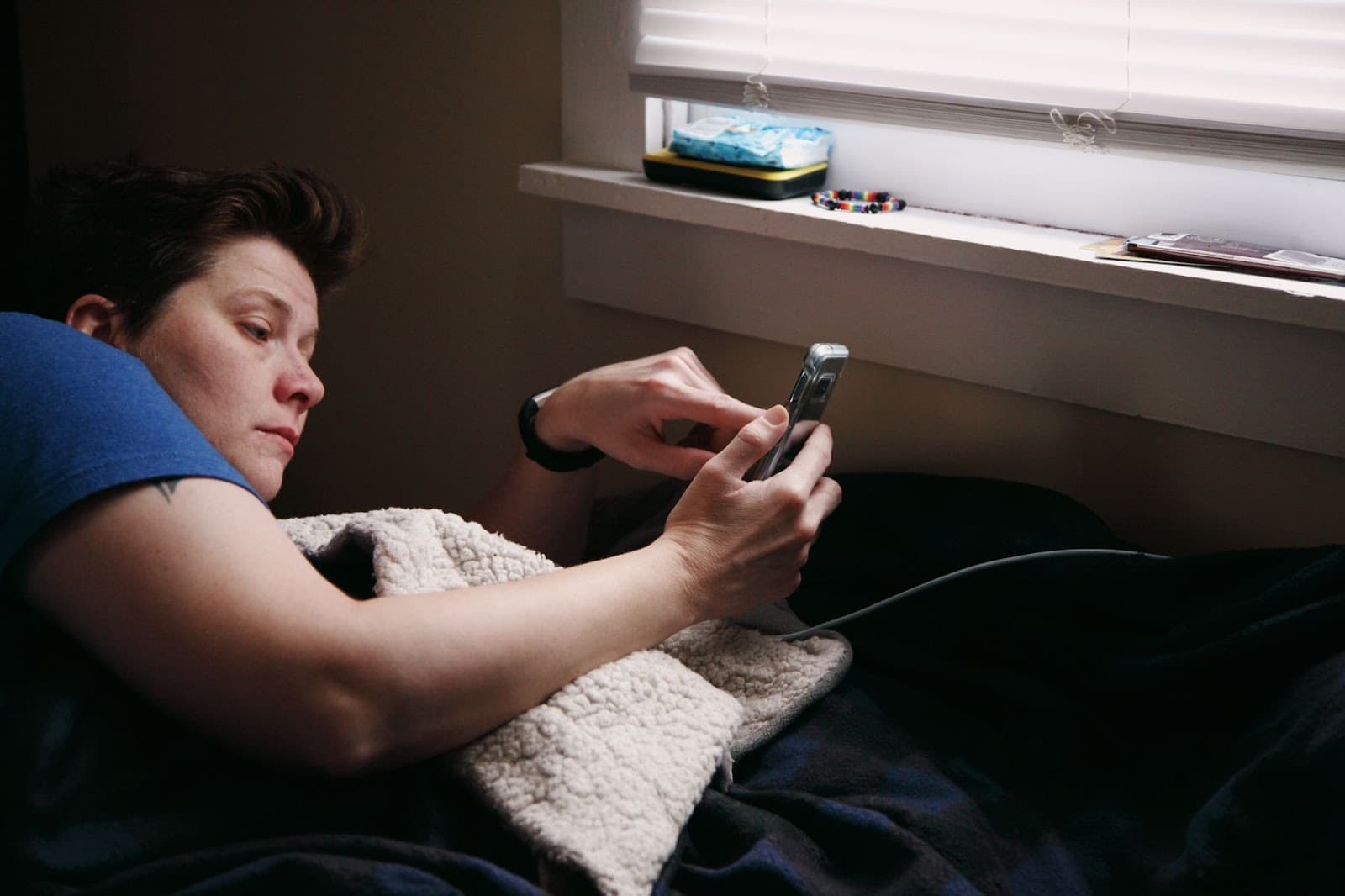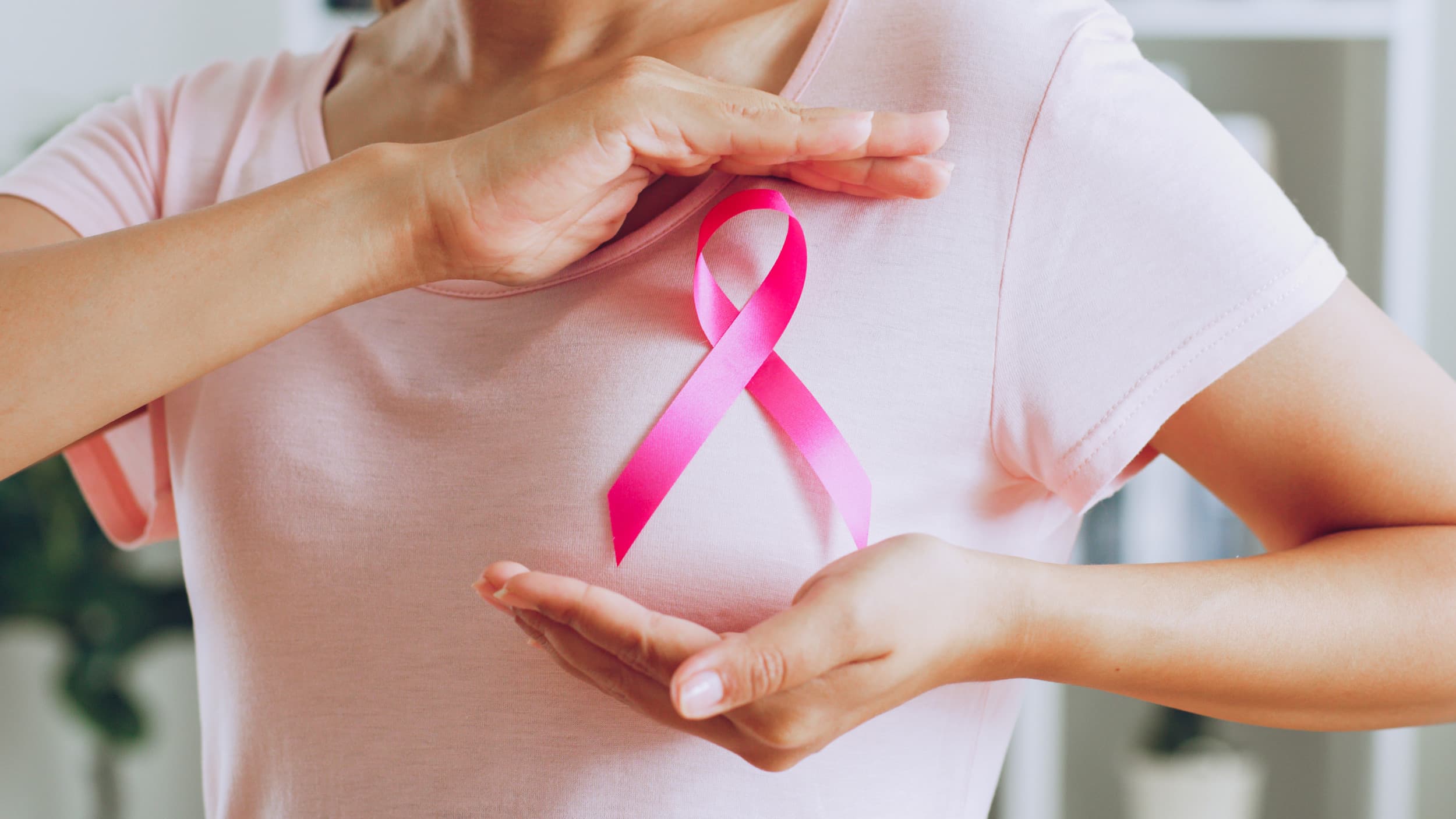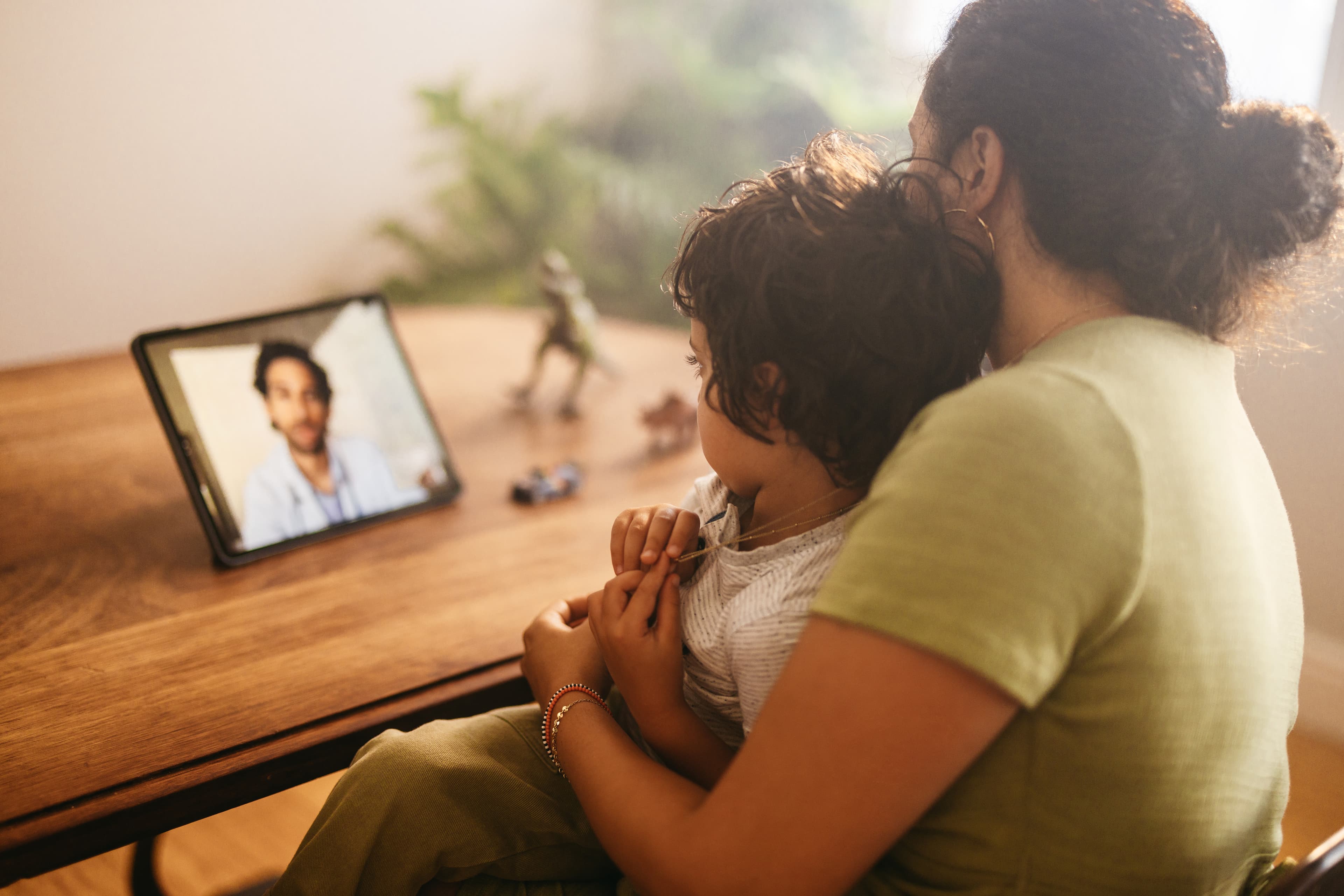Post-COVID Conditions and Its Lasting Impact on Sleep

2 Minutes

Team Curative

Feb 2, 2022
COVID-19 affects everyone differently, and sometimes unpredictably. While some people may only experience “acute COVID”, essentially testing positive for the virus but only experiencing symptoms for a short time, others are experiencing symptoms that doctors are calling “long COVID,” also known as post-COVID conditions. Per the Centers for Disease Control and Prevention (CDC), post-COVID conditions are new, returning, or ongoing health problems people can experience four or more weeks after first being infected with SARS-CoV-2, the virus that causes COVID-19.1 The length of symptoms is dependent upon the severity of COVID-19, inpatient vs. outpatient, and can also depend on the particular symptoms experienced.
The severity of long COVID symptoms is deeply affecting people’s lives, including the quality of their sleep. Symptoms may include tiredness or fatigue, headache, trouble sleeping (insomnia), trouble concentrating, muscle and joint pain, and cough.1 Per CDC, as of July 2021, “long COVID,”, can be considered a disability under the Americans with Disabilities Act (ADA).2

Going through COVID-19 can be very stressful and challenging. To cope with this stress, which can negatively impact sleep, CDC recommends the following:
Take breaks from watching, reading, or listening to news stories.
Take care of your body.
Take deep breaths, stretch, meditate, or practice mindfulness.
Try to eat healthy, well-balanced meals.
Exercise, if you can. Listen to signs from your body.
Avoid alcohol and drugs.
Make time to unwind.
Connect with others.
In addition to these post-COVID-19 lifestyle changes, CDC also recommends the following evidence-based suggestions that can help improve your sleep3:
Get bright light during the daytime.
Have a good sleep environment that is very dark, quiet, cool, and comfortable.
Use your sleep space for only sleep and intimacy.
Prepare a relaxing routine 1.5 hours before bedtime.
Avoid spicy foods 3 hours before bedtime and limit liquids, caffeine, chocolate, and nicotine before bedtime.
To learn more about supporting a loved one with post-COVID conditions, please visit the CDC’s Caring for People with Post-COVID Conditions webpage. To book a COVID-19 testing appointment, visit curative.com or click here.
References
Centers for Disease Control and Prevention. (2021). Post-COVID Conditions. Centers for Disease Control and Prevention. https://www.cdc.gov/coronavirus/2019-ncov/long-term-effects/index.html
U.S. Department of Health and Human Services. (2021). Guidance on “Long COVID” as a Disability Under the ADA, Section 504, and Section 1557. U.S. Department of Health and Human Services. https://www.hhs.gov/civil-rights/for-providers/civil-rights-covid19/guidance-long-covid-disability/index.html#footnote10_0ac8mdc
Centers for Control and Prevention. (2021). Improve Sleep: Tips to Improve Your Sleep When Times Are Tough. Centers for Disease Control and Prevention. https://blogs.cdc.gov/niosh-science-blog/2020/06/29/sleep-hwd/
Sign up for our Newsletter
Table of Contents








